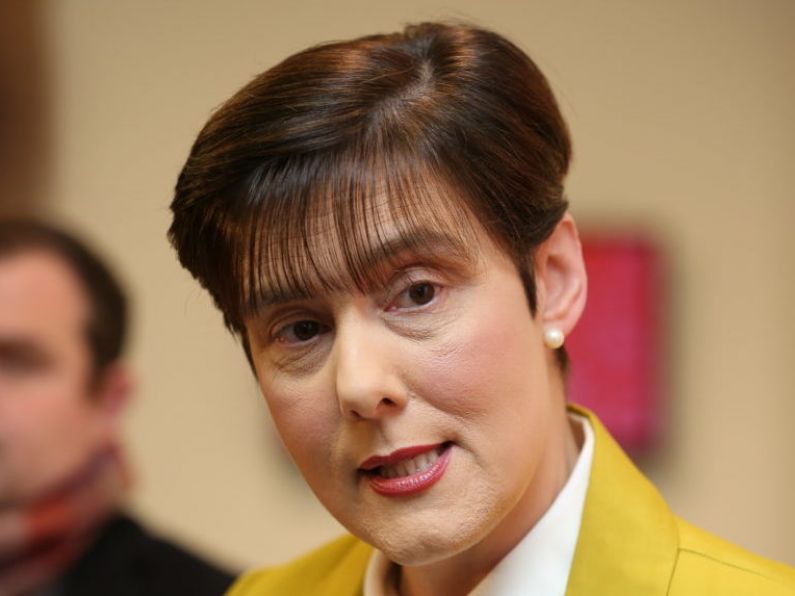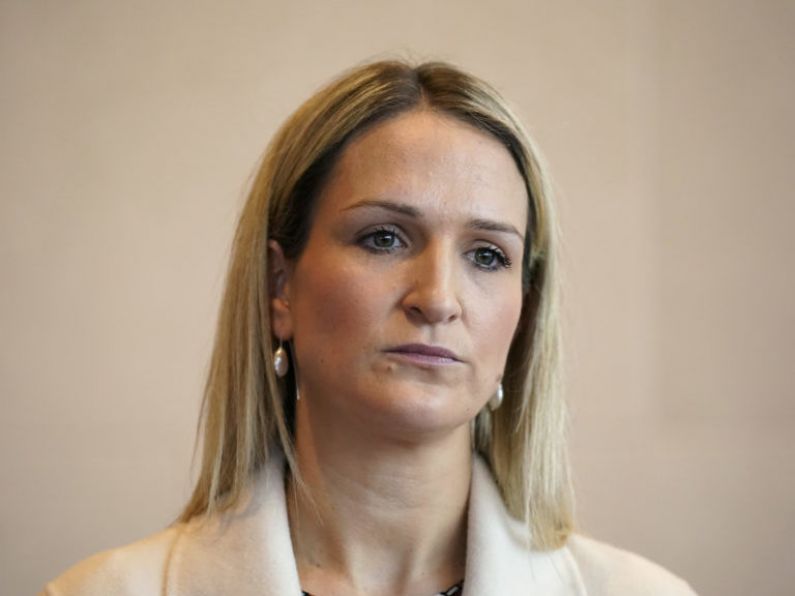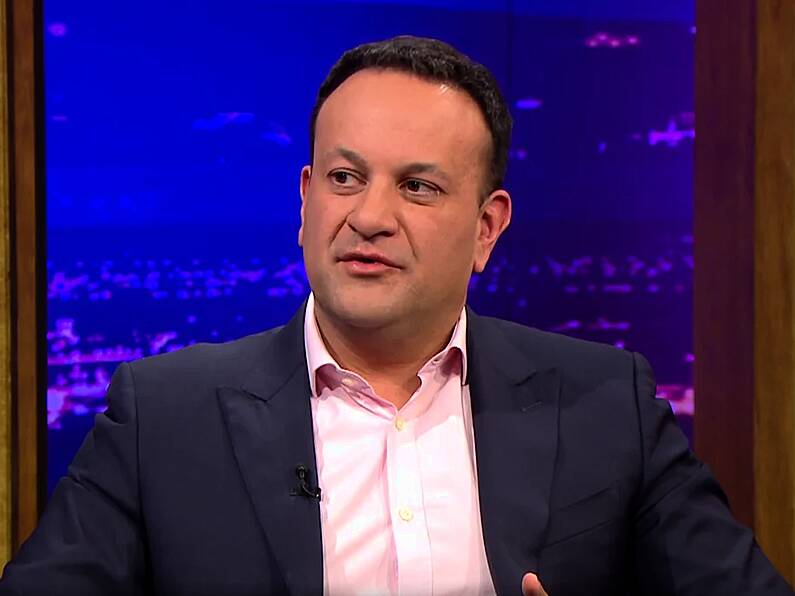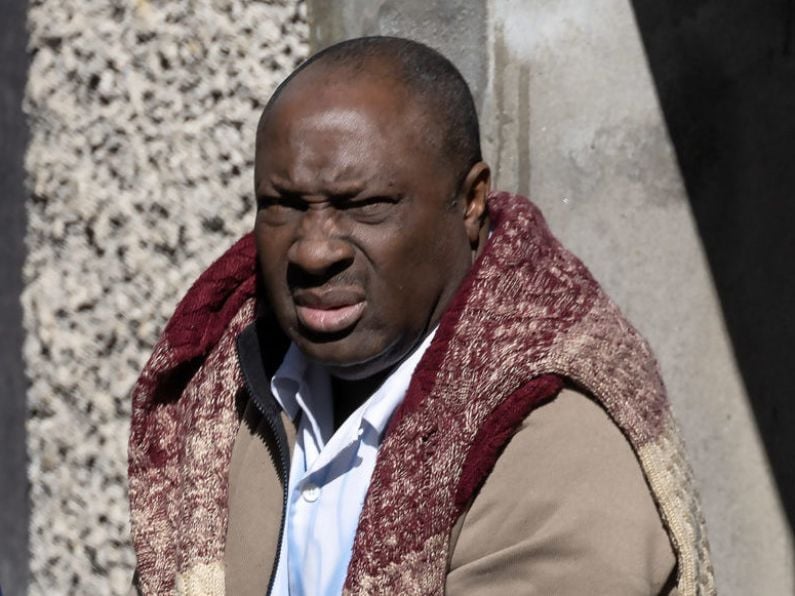Michael Bolton
Minister for Education Norma Foley is set to announce on Thursday the new primary school curriculum, the biggest change to primary school education in Ireland in 25 years.
The changes to the curriculum are set to be introduced in 2026, with the focus on students education set to be made more flexible for teachers and students.
With a greater emphasis on additional subjects, and a move away from religion in the classroom, this is what can be expected in the new primary school curriculum.
What is expected to change?
The new primary school curriculum is set to put a greater emphasis on STEM subjects, with foreign languages set to be taught in Primary schools for the first time.
There is also set to be a greater emphasis on wellbeing among students, with less emphasis on the teaching of religion.
There will also be a greater focus on science and technology.
Will homework still be given?
Despite calls from President Michael D Higgins to stop homework in primary school, students will still have to spend time learning at home.
Taoiseach Leo Varadkar has previously called for a change in the way homework is given, but has not backed the President's calls to stop homework.
"If you are doing sums, or learning a foreign language, or you are trying to learn the Irish language, it does make sense that you do a bit of practice at home in your own time too.
"I think there is room for homework, but maybe not the level of homework we have seen in the past."
How have the changes been viewed by politicans?
Ms Foley said the changes to the curriculum will offer schools more flexible time for students to decide what is best for them.
"There is a reduction for the hours in religion, but there is also more autonomy and more agency given to the schools around flexi-time."
There has also been positive comments from the opposition. Labour's education spokesperson Aodhán O'Ríordáin said that it will take time for the new syllabus to make its way into classrooms.
"I think they are broadly positive, they have been well-flagged over the last couple of months," said Mr O'Ríordáin, a former primary school principal.
"We are talking about extra time for foreign languages, more flexible time within schools so they have autonomy to focus on things they feel need to be prioritised."






